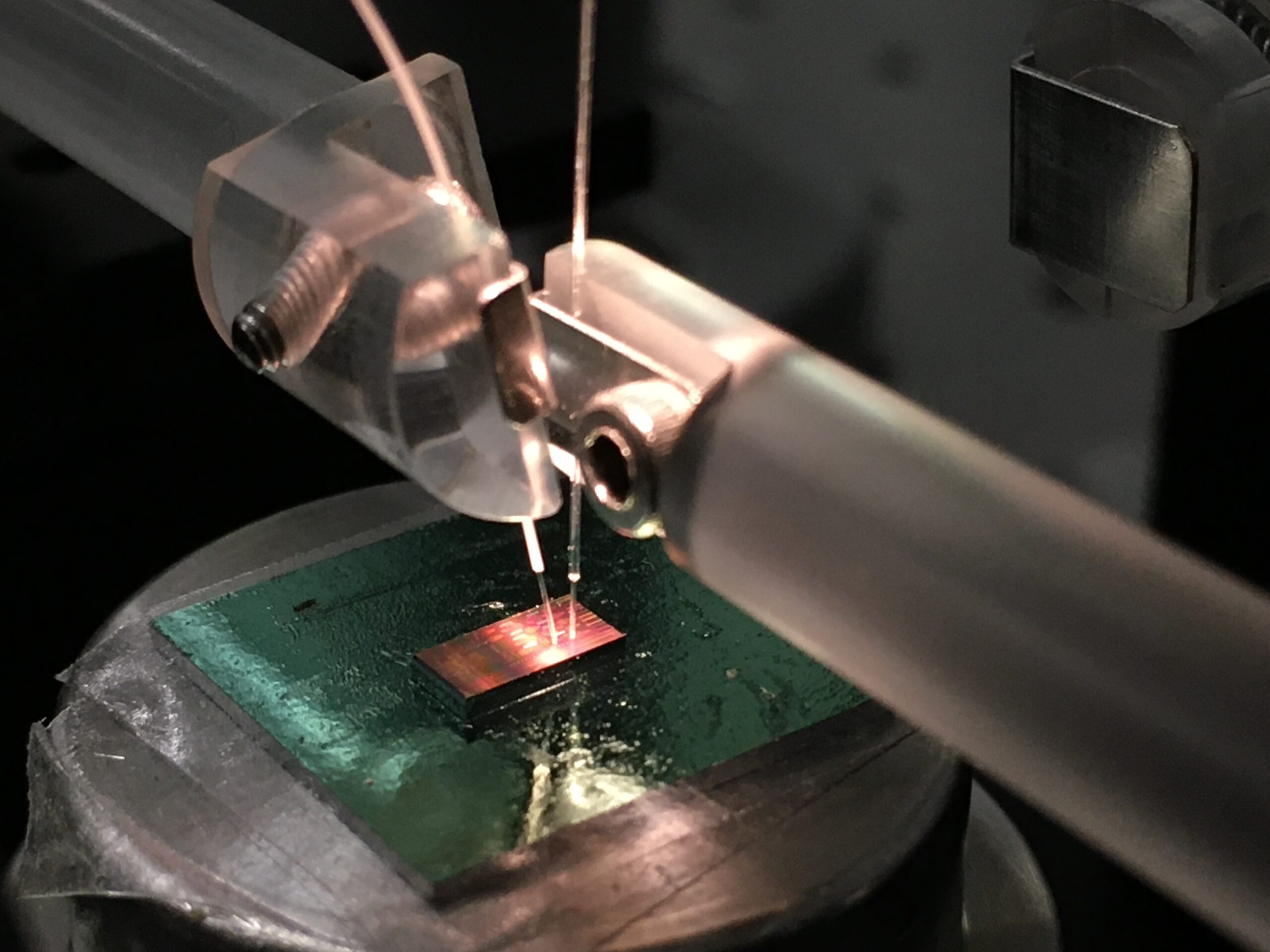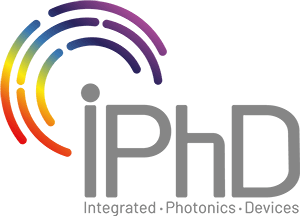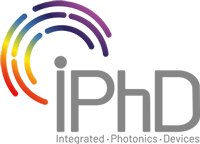October 15, 2021 Photonics draws opportunities for the future of Internet
Thematic project with professors from Unicamp impacts from the quality of the internet to biomedicine and virtual reality Carolina Goetten* Applications of the internet in the future scenario is enshrined in an optimistic perspective: new studies point to a time when smarter cars and homes…

Thematic project with professors from Unicamp impacts from the quality of the internet to biomedicine and virtual reality
Carolina Goetten*
Applications of the internet in the future scenario is enshrined in an optimistic perspective: new studies point to a time when smarter cars and homes will be increasingly possible, within what is known as the Internet of Things (IoT). Science is the main protagonist in the movement for this new horizon to materialize, and research is the starting point for the development of an excellent quality mobile internet, which allows the expansion of these attributes. Among the multidisciplinary groups that work in academia, designing new possibilities, is the thematic project on Integrated Photonic Devices (iPhD), which brings together – with funding resources from FAPESP – researchers that belong to the Universidade Estadual de Campinas (Unicamp) and the Universidade Presbiteriana Mackenzie.
Led by Professor Newton Frateschi, from the Unicamp Physics Institute, the group counts on 5 principal investigators and 6 associate researchers,, who are investigating three major areas: Nonlinear Photonics, New Materials and hybrid integration. Frateschi highlights the importance of this area of study in everyday life, that is more evident in the context of the pandemic. “Ten years ago, none of this would have been possible: neither streaming platforms, virtual communication, nor file sharing. All these innovations, which proved to be crucial in the context of society’s new demands, often depend heavily on developments related to Photonics”, he says.
According to professor Lázaro Padilha – of the iPhD’s coordinators – these studies enable advances in science, in areas of direct impact on internet services, such as communication and data storage. “The greatest development in the field of high technology today comes from nanophotonics and integrated photonics. Just as electronic devices sparked great enthusiasm years ago, now is the time for optical devices,” says Padilha.
Researches beyond the internet
All three thematic areas conducted in the IPhD research group complement each other, and generate results in a coordinated proccess. The study is organized in a way that everything is integrated, in concern with the feasibility and efficiency of the results. “Our objective is to facilitate the integration between different technologies and groups within our project”, explains Professor Lucas Gabrielli, that coordinates research line in Hybrid Integration.
In addition to favoring the development of the Internet of Things, the iPhD field of studies impacts results in areas such as virtual reality and biomedicine, through its application in biosensors, imaging and microscopy. “In the case of imaging, for example, it is possible to expand the detection limit and the sensitivity of the devices through optical studies”, says Gabrielli. “On the other hand, biosensors are particularly important nowadays because the optical ones are immune to other electromagnetic interferences. They can have an extremely high sensitivity, which is very important for detecting viruses and blood markers for several diseases.”
Photonics also impacts Physics itself as a science, in a sense that it points to new paradigms applicable to other investigations in the present and in the future. “Research in the field of optical phenomena takes us to a new frontier, which is the New Physics. In many cases, we can fabricate a nanolaboratory where we are able to observe new phenomena in nature”, explains Professor Frateschi. To perform all of these processes, which involve the manufacture of new devices, testing, integration, characterisation, among other procedures, Unicamp and Mackenzie laboratories provide the required infrastructure. “Our labs are furnished with sophisticated equipment such as those found in the best research centers in the world,” says Frateschi. New research developments are published on the iPhD website, which receives periodic updates with information and news regarding to the project.
*Carolina Goetten has Master Degree in Language and Technology and holds a scholarship in Media and Science at iPhD research project



